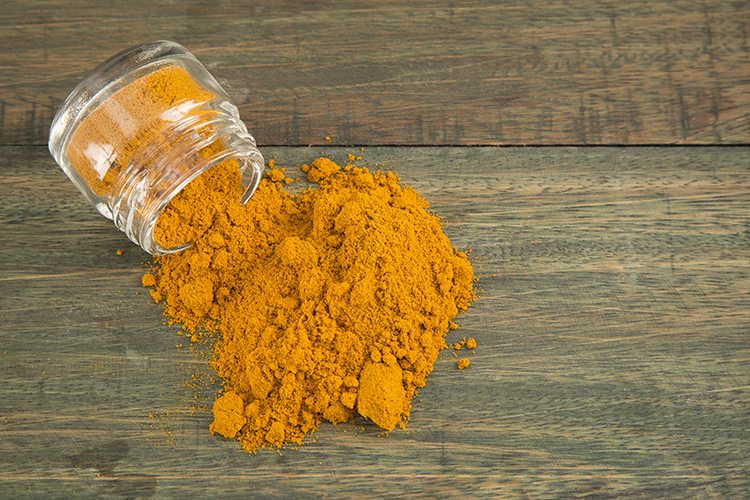Back in March of 2016, Chiropractic Economics published an article about how DCs can earn extra income by selling health-boosting supplements to their patients.
And if you decided to take this route, this could potentially enable you as a chiropractor to earn a portion of the $37 billion a year U.S. supplement market.
Well, one of the supplements than can help raise your income level—and potentially provide your patients better health—is turmeric. However, before you start offering it at your practice, there are a few things you should know.
Turmeric: What it is
According to the National Center for Complementary and Integrative Health, turmeric comes primarily from India, Asia, and Central America and is “a plant related to ginger.” While used for a number of different ailments in other continents across the world, today’s supplements as taken in the U.S. are often ingested in an attempt to alleviate the symptoms associated with arthritis, digestive issues, cancer, and other inflammatory conditions.
Craig Hopp, PhD, is Deputy Director of the Division of Extramural Research at the National Center for Complementary and Integrative Health and he says that it is the curcumin, a chemical found within the turmeric plant, that has been claimed to help reduce the associated inflammation. Yet, he also warns that “this claim isn’t supported by strong studies.”
Turmeric and its related research
When looking at the studies conducted on turmeric and its anti-inflammatory effects, one of the potential drawbacks is that a number of the studies conducted involve mice participants versus human study subjects. While these findings are encouraging, it’s unsure whether the same type of response would be found if applied to humans.
For instance, in 2014, the Annals of Phytomedicine published a study involving mice with scientifically-induced inflammation in their ears. Yet, after having a mixture of turmeric and macerated onion placed on the inflamed area, researchers noted a reduction in both redness and edema. Would the same be found in humans with ear inflammation? That remains unclear.
But, it’s important to note that there have also been studies finding turmeric’s positive effects regarding other health conditions such as diabetes, cardiovascular issues, gastrointestinal problems, cancer, Alzheimer’s disease, HIV, and AIDS, according to an article published in the Journal of HerbMed Pharmacology in mid-2014. And even though most offer promising results, these authors also conclude that “Further evaluation needs to be carried out on turmeric,” specifically when it comes to practical application “which can be used for the welfare of mankind.”
Turmeric recommendation guidelines
If you determine that a patient may possibly benefit from taking this particular supplement for one of these types of issues, Hopp has some basic recommendation guidelines he suggests be followed. For instance, “Turmeric is generally considered safe for most adults when taken by mouth or applied to the skin,” he says, “but high doses or long-term use may cause gastrointestinal problems.”
Further, Hopp goes on to say that, “With turmeric, as with any dietary supplement, we stress that people follow the label instructions and talk to their healthcare provider about dosage and any potential drug-supplement interactions.”
The University of Maryland Medical Center names some of the possible interactions to include those related to blood-thinning medications such as Coumadin, to stomach acid-reducing drugs such as Pepcid and Zantac, and also to prescriptions designed to treat diabetes as turmeric “may make the effects of these drugs stronger, increasing the risk of hypoglycemia (low blood sugar).”
Finally, to make the most of your supplement-based side business, it also helps to offer patients a high-quality product that will help their health more than harm it. In other words, “‘Natural’ does not always mean ‘safe,’” says Hopp. That’s why it’s important to look at everything in the supplement itself before deciding whether it is a brand or product you want to offer at your busy chiropractic practice.
As for dosage, The University of Maryland Medical Center recommends 1,200 to 1,800 milligrams of standardized powder supplements daily for an average sized adult.






